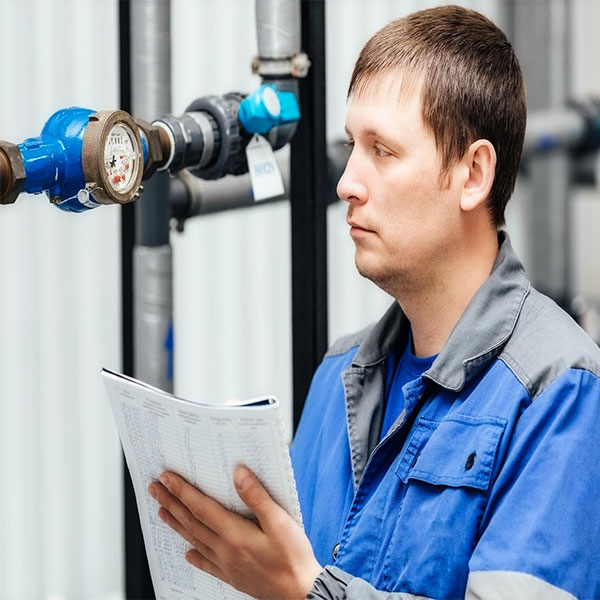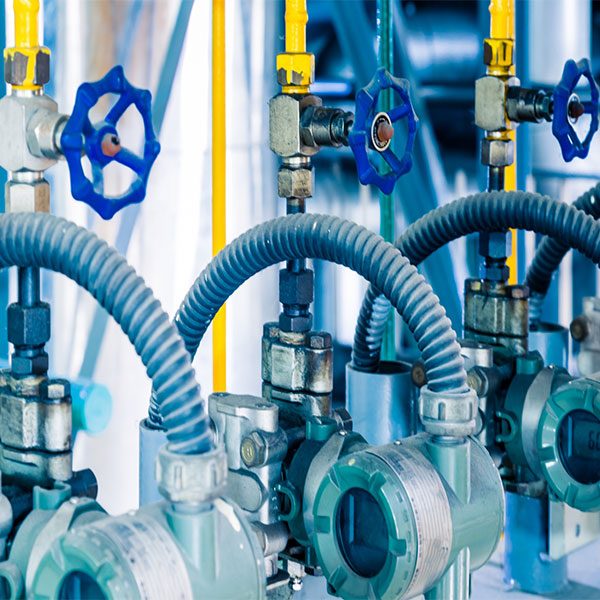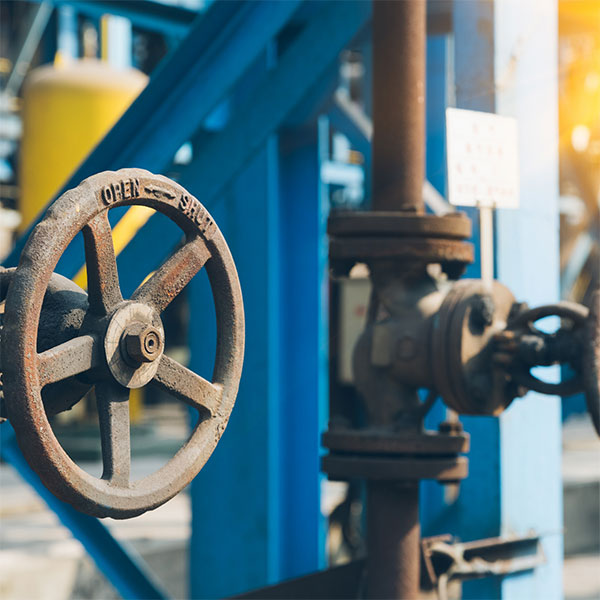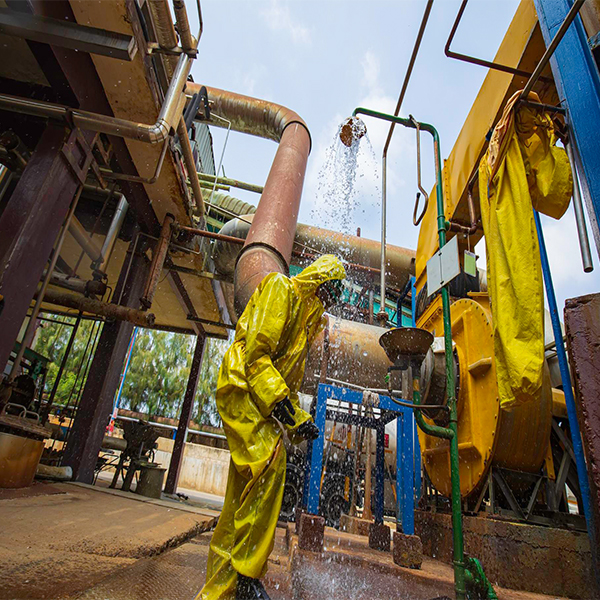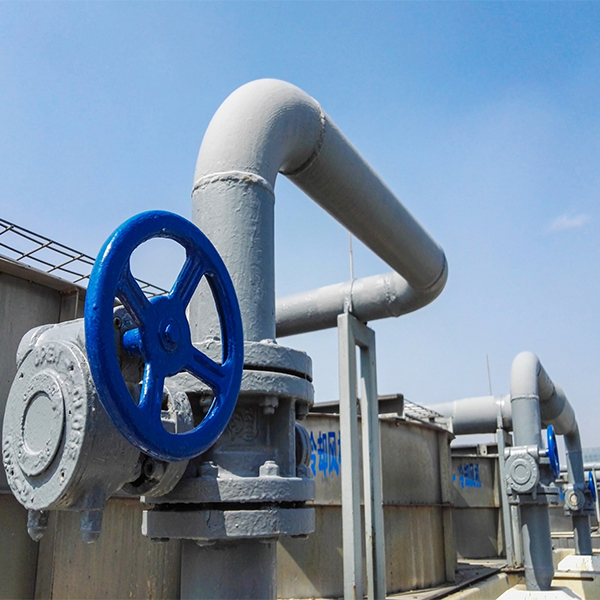Chemical processing plants require robust, reliable components to maintain efficiency and safety. Among these, high-performance valves are essential to handle diverse and sometimes hazardous chemicals while ensuring uninterrupted flow and precise control. KSB valves are widely recognized in the chemical processing industry for their . This guide explores the best practices for selecting KSB valves in chemical processing, helping facilities optimize safety and performance.
Understanding the Demands of Chemical Processing
The chemical processing industry demands equipment that can withstand highly variable conditions, including exposure to corrosive materials, extreme temperatures, and high pressures. Given these requirements, selecting the right valve is crucial. A suitable valve must ensure consistent and leak-proof flow control while being resistant to wear and capable of handling specific chemical properties.
Key Factors for Selecting KSB Valves in Chemical Processing
1. Material Compatibility
Material selection is one of the most critical factors in choosing the right valve. In chemical processing, valves must resist corrosion from aggressive media, including acids, solvents, and alkalis. KSB offers valves in a variety of materials such as stainless steel, alloy steel, and specialized coatings to ensure compatibility with specific chemicals, extending the life and efficiency of the valve.
2. Valve Type and Function
Different stages in chemical processing require various types of flow control, making the valve’s function a deciding factor. KSB provides a range of valve types—ball, gate, globe, butterfly, and diaphragm valves—each suited to specific applications. For instance, globe valves are ideal for throttling applications, while ball valves provide reliable shut-off in high-pressure environments. Determining the specific function within the process ensures you choose the right valve for optimal performance.
3. Pressure and Temperature Requirements
Chemical processes often involve high-pressure systems and fluctuating temperatures. KSB valves are designed to withstand extreme operating conditions, but matching the valve’s specifications to your process requirements is key. Check the pressure and temperature ratings of each valve type to ensure it aligns with the demands of your application and avoids unnecessary wear.
4. Flow Control and Precision
For processes requiring precise flow adjustments, selecting a valve that offers fine control is essential. Certain KSB valve models, such as control valves, are designed specifically for accurate flow adjustments and maintain a stable process environment. This precision helps prevent overflows, contamination, and other issues common in chemical processing.
5. Automation and Control Compatibility
Automated systems are becoming increasingly common in chemical processing for efficiency and safety reasons. Many KSB valves are compatible with automation systems, allowing for remote monitoring, pressure adjustments, and automated shut-off controls. Ensuring that your chosen valve integrates seamlessly with your control systems allows for improved operational efficiency and safety.
6. Safety Standards and Certifications
Valves used in chemical processing must meet specific safety standards and certifications, particularly in hazardous applications. KSB valves are engineered to meet international standards, including ISO and API, ensuring they uphold the highest safety levels. Selecting valves with the appropriate certifications can protect workers, prevent leaks, and ensure regulatory compliance.
Applications of KSB Valves in Chemical Processing
KSB valves serve various functions across chemical processing, from regulating flow in initial raw material handling to controlling output in final production stages. Their use is critical in:
• Reactor Systems – Providing precise flow control for consistent chemical reactions.
• Mixing Stations – Ensuring accurate dosing and mixing of chemicals.
• Storage Facilities – Maintaining pressure control and preventing leaks in hazardous chemical storage tanks.
• Heat Exchangers – Regulating flow and pressure in temperature-sensitive operations.
• Waste Processing Units – Handling corrosive byproducts in waste treatment systems.
Ensuring Long-Term Efficiency with Proper Maintenance
Selecting the right valve is the first step, but regular maintenance is essential to ensure longevity and performance. KSB valves are built for durability, yet scheduled inspections, lubrication, and seal replacements are necessary to avoid degradation. Following manufacturer guidelines and implementing a proactive maintenance schedule can minimize downtime and extend the service life of the valves in demanding chemical processing environments.
Nanjing XYC: Your Partner in KSB Valve Solutions
Nanjing XYC is a key supplier of KSB valves for chemical processing, providing solutions that meet the industry’s stringent requirements. Our team of experts can help you choose the ideal valve for your specific application, ensuring compatibility, efficiency, and safety. Contact Nanjing XYC for more information and to find the right KSB valve solutions tailored to your needs.
The Role of KSB Pumps in Controlling Industrial Cooling Systems
In modern industrial operations, efficient cooling systems are critical to maintaining optimal performance, ensuring equipment longevity, and preventing costly downtime.…


